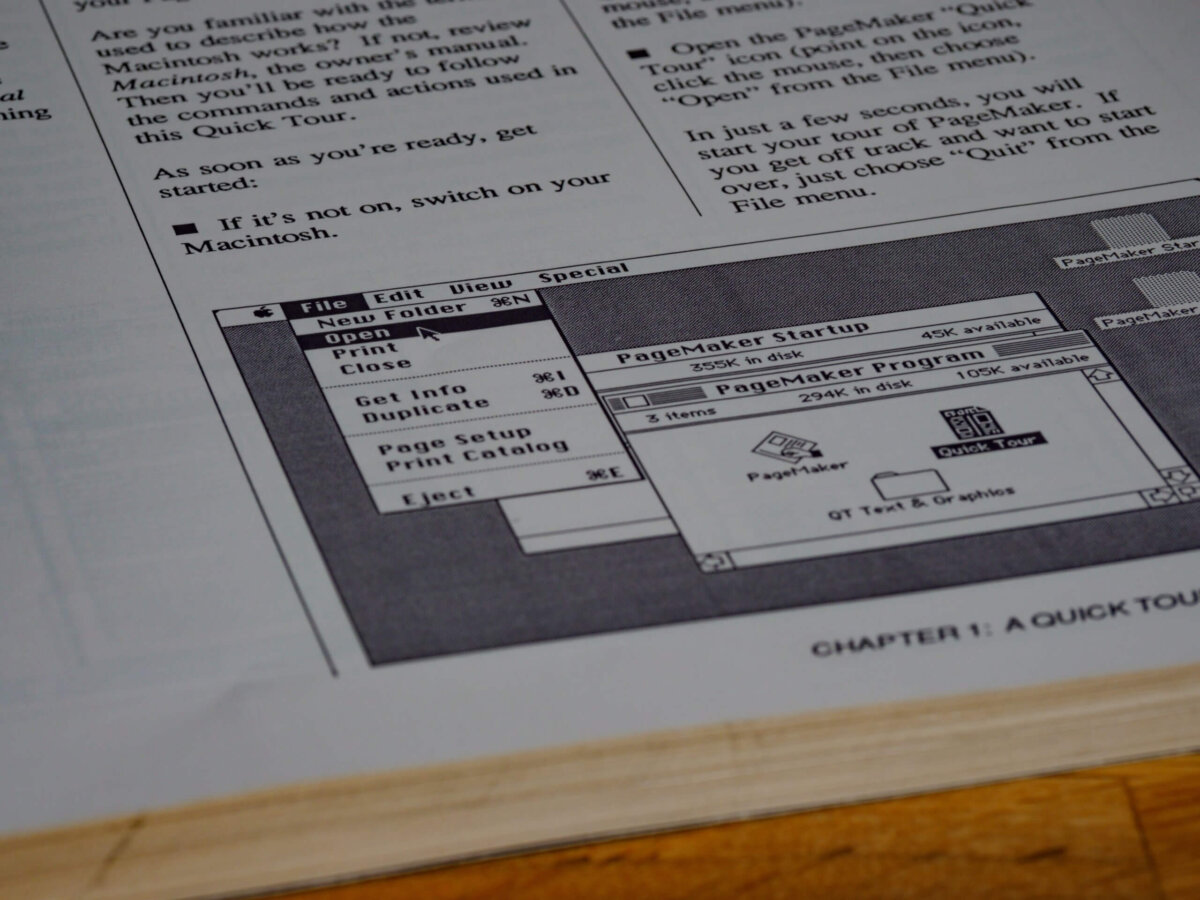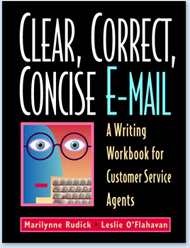Death panels. Government take over. Revenue neutral. The frenzy over health care reform is a potent reminder that the Internet provides a staggering amount of information—and misinformation. How do you separate the truth from what political satirist Stephen Colbert terms truthiness —what we “know” without regard to evidence, logic or facts?
Turns out, it’s not easy to ferret out the truth. Googling “facts about health care reform” turns up 5,320,000 hits! Where do you begin?
Start with the source of the information. Who owns the website or blog? What are the credentials and biases of the website owner? One of the pillars of good web writing is credibility. It doesn’t matter how well written the web content is if the credentials of the individuals or organization responsible for the content are dubious.
Take Snopes.com, for instance, which appeared near the top of my Google search results. Snopes stamped this fact as false:
But who is Snopes? I had to drill down deep (5 clicks) to find information on the site owners, Barbara and David Mikkelson. Browsing their press clips turned up a Reader’s Digest article that identified them as “the Internet’s preeminent resource for verifying and debunking rumors.” Do good press and prominent search engine listings make a site credible? Despite agreeing with the Mikkelson’s conclusion, I didn’t have sufficient information to judge their credentials.
One person’s facts are another person’s falsehoods. The White House has created its own fact checking site: Health Care Reform Reality Check. So has House Republican Leader John Boehner: Top 10 Facts About House Democrats’ Health Care “Reform Legislation.” It hardly seems like the two parties are talking about the same legislation.
- White House: “Your Medicare is safe and stronger with reform.”
- House Republican Leader: The Democrat’s plan will result in Medicare “benefit cuts and premium increases.”
Truth or Truthiness? Since the site owners are clearly identified, you can factor in their biases in weighting their claims.
Are there any trusted, impartial fact checking sites? The St. Petersburg Times Politifact.com buttresses its claim to the truth with a Pulitzer Prize. That goes a long way toward establishing credibility with me. I like PolitiFact’s simple, uncomplicated Truth-O-Meter on health care reform.
Also scoring favorably on my trustworthy score card is FactCheck.org, a project of the Annenberg Public Policy Center, whose research I’ve found to be sound and unbiased. Their analysis of The 60 Plus Association TV ad saying Congress plans to cut $500 billion from Medicare: “Senior Scare.”
As for the other 5,315,000 sites that Google turned up? Information overload on the Internet makes the job of fact checking—regardless of the topic—complicated and time consuming. It is wise to view all facts with skepticism, and carefully check out the source of information, the site owner’s credentials and biases. The hard truth is that it takes a lot of work to find the facts.
It makes me nostalgic for the days when there was one indisputable source for the truth: Walter Cronkite.
— Marilynne Rudick (guest blogger)
Tags: Credibility






0 Comments